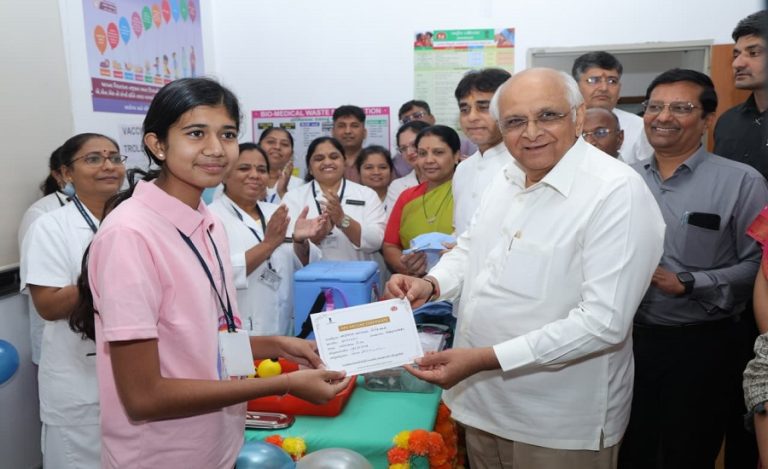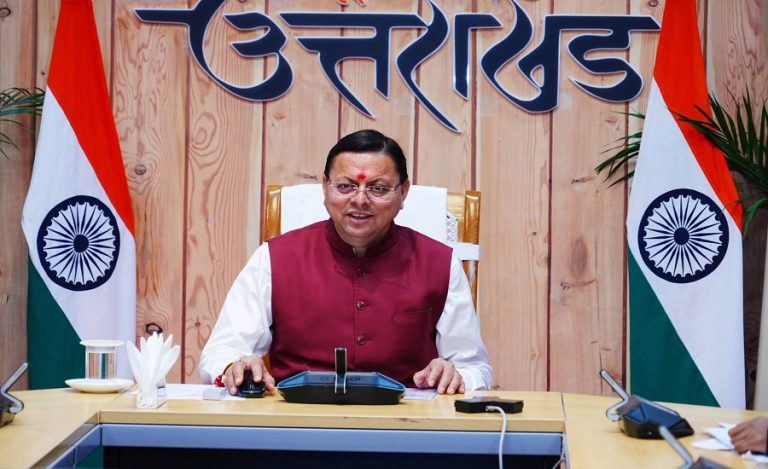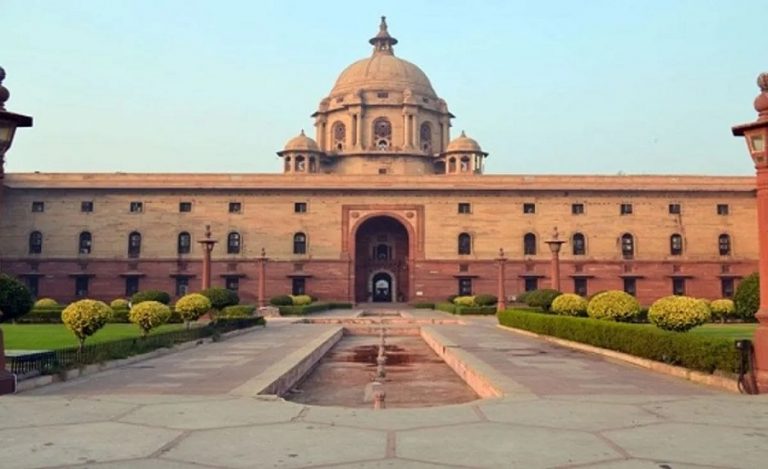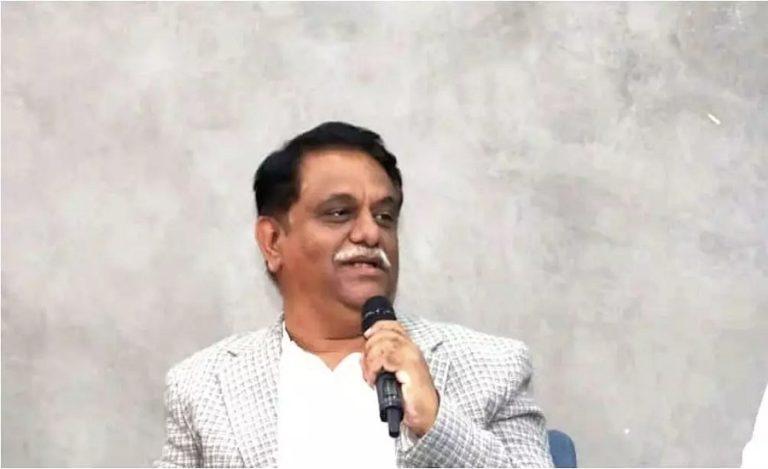In a moment as poetic as it was tragic, retired IAS officer, former Chief Secretary of Uttar Pradesh and celebrated litterateur Dr. Shambhu Nath passed away while addressing a literary gathering at the Uttar Pradesh Hindi Sansthan in Lucknow. His death has deeply shaken both the administrative and literary communities across the country.
Dr. Shambhu Nath, who served as the Chief Secretary of Uttar Pradesh, was known not only for his dynamic governance but also for his profound contributions to Hindi literature. After retiring from administrative service on June 30, 2007, he was appointed as the acting president of the Uttar Pradesh Hindi Sansthan the very next day, on July 1, 2007—a position he held with distinction until June 30, 2009.
A Visionary Leader at Hindi Sansthan
During his tenure as Executive Chairman of the Hindi Sansthan, Dr. Nath introduced transformative measures to promote Hindi language and literature. He took decisive steps to elevate the status of Hindi globally and renamed key facilities at the institute after literary giants like Yashpal, Nirala, and Premchand. His tenure was marked by a renewed cultural momentum, reflecting his passion for both language and nation-building.
Dr. Amita Dubey, editor at the Sansthan, reflected, “Working with Dr. Shambhu Nath brought about creative development in not only my personality but also among other officers.” A professor before joining the IAS, Dr. Nath’s academic approach and mentorship left a lasting impression.
Literary Legacy and Final Moments
Dr. Nath was also an acclaimed poet, critic, and literary scholar. He authored several significant works including Aakash Mere Aaine Mein, New Dimensions of Ram Katha, and Dhoopchhaanhi Dinkar, the latter being a celebrated review work published by Bharatiya Jnanpith. His research ranged from Bachchan’s poetic journey to historical insights on India’s freedom struggle in Uttar Pradesh.
He passed away on stage, narrating a story about time and destiny during a book launch event. Witnesses say he was speaking passionately about the character of Karna and the inevitability of death when he collapsed. Despite immediate CPR and hospital care, doctors declared him dead on arrival.
A Life Rooted in Values and Creativity
Born on March 2, 1947, in Chhapra, Bihar, Dr. Shambhu Nath was raised in a family steeped in intellectual pursuits. His father, Mr. Jageshwar Ram, was a District Magistrate, and his mother, Ms. Chandravati, was a poet. With academic qualifications including a BA and MA in English Literature and a PhD in Hindi, he bridged the gap between Western literary traditions and Indian linguistic heritage.
His wife, Ms. Chandanath, is a painter who gifted a painting of Goddess Saraswati to the Sansthan—another example of the family’s deep cultural engagement.
Final Rites and Tributes
Poet Dr. Subhash Chand Rasiya, a family friend, confirmed that Dr. Nath’s last rites would be performed on Sunday after his sons Amitanshu and Gaurav Nath arrived from Bangalore. He recalled the overwhelming crowd at the book launch—an unusual sight at such events—testifying to the deep respect Dr. Nath commanded in literary circles.
Senior poet Mr. Sarvesh Asthana, who was present at the event, said, “Dr. Shambhu Nath passed away while speaking on the subject of death. We have lost a true guardian of Hindi literature.”
Remembering Dr. Shambhu Nath
Dr. Shambhu Nath’s contributions to governance and literature created ripples across many fields. His ability to inspire, educate, and lead was matched by his poetic sensibility and unwavering commitment to cultural development. His loss is being felt across bureaucratic, literary, and academic circles—a void not easily filled.





























